The trend of infusing edible products with mushrooms has gained momentum recently, sparking curiosity among consumers. Yet, as popular as these mushroom-infused treats may be, they come with significant health risks that should not be overlooked.
The Rise in Popularity of Mushroom-Infused Edibles
Over the past few years, various edible products such as chocolate bars, gummies, and teas have been introduced to the market, promising unique experiences through mushroom infusion. This emerging trend is driven by the allure of “magic” mushrooms and their perceived benefits.
Mushroom-infused edibles appeal particularly to those seeking novel food experiences and alternative wellness options. Despite their popularity, it’s important to understand that not all mushrooms are safe for consumption, especially when improperly processed or dosed.
The Issue with Toxic Compounds
A recent recall serves as a stark reminder of the potential dangers lurking in these trendy edibles. In June 2024, nearly 50 people across 24 states reported illnesses linked to mushroom-infused products from a specific brand. The culprit? Toxic levels of muscimol, a compound found in some mushrooms.
Muscimol is known to cause severe symptoms if consumed in high amounts. Among the affected individuals, 27 required hospitalization, showcasing the serious nature of this chemical. The incidents highlight the importance of thorough product testing and regulation.
Understanding Muscimol
Muscimol is a psychotropic compound primarily found in Amanita muscaria mushrooms. Unlike psilocybin, which is gaining acceptance for its potential therapeutic uses, muscimol is much more toxic and can lead to life-threatening conditions if overdosed.
According to a peer-reviewed article, muscimol can produce acute changes in perception, mood, cognition, and behavior. Its toxicity surpasses many commonly used substances, making it a risky inclusion in consumer products.
The Legality Question
The legal status of these mushrooms varies across the United States. For example, possessing and growing Amanita muscaria mushrooms is generally legal, except in Louisiana, where they are banned due to their hallucinogenic properties. This patchwork of regulations further complicates the safe production and distribution of mushroom-infused goods.
The lack of consistent legal guidelines means companies often operate in a gray area, sometimes without fully disclosing the potential risks associated with their products. Consumers need to stay informed and cautious about what they consume.
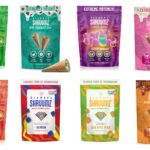
The Public Health Response
This surge in interest for mushroom-infused products calls for an urgent public health response. Regulatory bodies must step up to ensure these items are safe for consumption before reaching the market. Meanwhile, companies need to adopt stringent quality control measures to prevent future health scandals.
The FDA’s involvement in recalling contaminated products reflects a necessary level of oversight, but ongoing monitoring and stricter guidelines can better protect consumers from hidden dangers. Educating the public on the effects and risks of certain mushroom compounds is equally vital.
Severe Symptoms Reported
Individuals who fell ill after consuming the recalled products experienced a range of severe symptoms attributed to muscimol. Common complaints included nausea, dizziness, hallucinations, and, in extreme cases, loss of consciousness. Such reactions underscore the potency of this compound and the necessity for caution.
If you experience any concerning symptoms after eating mushroom-infused products, it’s crucial to contact your healthcare provider immediately. The FDA also advises calling the Poison Help Line at 1-800-222-1222 for immediate assistance.
Key Takeaways for Consumers
- Be vigilant about where you purchase mushroom-infused products. Stick to reputable brands with transparent sourcing and testing practices.
- Always check for regulatory approvals and safety certificates to ensure the products meet health standards.
- Avoid experimenting with quantities, as even a small amount of toxins like muscimol can cause severe symptoms.
- Educate yourself on the differences between various types of mushrooms and their effects.
The Road Ahead
The growing demand for innovative edibles will continue to push boundaries, but ensuring safety must remain a top priority. Both industry players and regulators need to work hand-in-hand to set clear guidelines, improve product standards, and enhance consumer awareness.
As we enjoy the new flavors and experiences mushroom-infused treats offer, let’s remember to prioritize our health and stay informed about what we’re putting into our bodies.

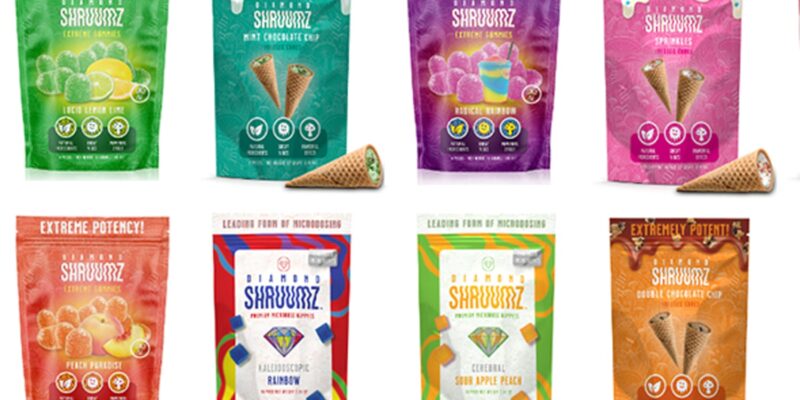
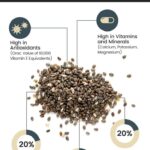

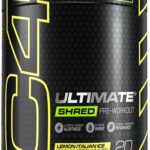




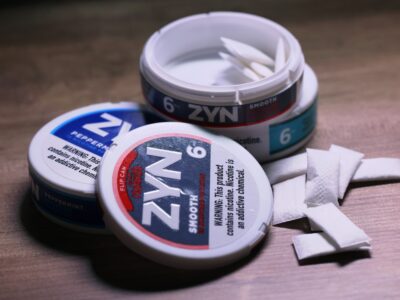

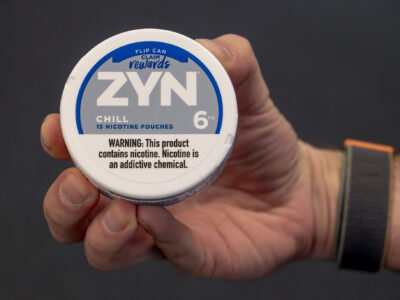
Comments